Now Playing: 'Honeyland,' Poignant Story of Hatidze, 'Last Female Wild Beekeeper in Europe'7/27/2019 Film out of North Macedonia won three awards at Sundance, including Grand Jury Prize for World Cinema - Documentary It's not too soon to be talking about the Oscar race for Best Documentary, and Honeyland certainly belongs in the conversation. The film directed by Ljubomir Stefanov and Tamara Kotevska has already won numerous awards at film festivals, including the Grand Jury Prize for World Cinema - Documentary and a Special Jury Award for Impact and Change at Sundance. Audiences have been moved by Honeyland's story of Hatidze, "the last female wild beekeeper in Europe," who patiently tends to her hives and to her aged and very infirm mother in a mountainous village in North Macedonia. Mother and daughter live in a hut without electricity or any modern conveniences; Hatidze ekes out a living selling jars of wild honey during infrequent trips to market in Skopje, the nearest city. It is a real life story but it has a strong environmental message. "You can say it's a story about humanity. That's the easiest and the best way to put it," Kotevska told me at Sundance in January. "I would say I was completely shocked by the reactions [to the film], because they were amazing." Honeyland, acquired by NEON out of Sundance, is now playing at theaters in New York and Los Angeles and expands to more cities in the coming days and weeks [details here]. Following long tradition, Hatidze's beekeeping practices constitute the essence of sustainability. When she harvests honey from the honeycombs she always leaves a portion for the bees. To take it all would doom the colony. "When Hatidze was taking the honey she was singing to the bees, 'Half for you, half for me,'" notes Samir Ljuma, one of two cinematographers on the film. "Which she learned probably through her experience or she inherited from her parents, her ancestors, who were also beekeepers." "It's an instinct. It's an instinct," comments Stefanov. Unfortunately for Hatidze, it's not an instinct for a large nomadic family that pulls up in a caravan next to her home. Seeing the success of her beekeeping operation, the father takes an interest in it. Hatidze generously shares her knowledge of how to maintain colonies, emphasizing the importance of leaving plenty of honey behind for the bees. Nevertheless, in what feels like a Biblical tale, the family does not listen. Pressured by a businessman to come up with the most honey possible, the family removes too much of it from the colonies, with negative consequences for both the family and Hatidze. Still, the filmmaking team doesn't condemn the family members for their actions. "They're not villains, first of all, because they need to survive. They're 10 people in a deserted place and they must survive," Kotevska points out. The businessman/buyer represents "the pressure of society put on them - like on each of us who everyday make a choice what to buy from the store, what to do, what to eat and we're all faced between the moral values and the pressures of society and the needs." "The point is to take as much as you need, not to take everything, and leave [something] for tomorrow and those who are providing for you," comments Stefanov. "And it's a universal message... which is a principle of equal share of benefits between users and providers, which means between humans and those who are providing their resource - in this case, bees... All that in order to ensure food security for tomorrow and next year." "We tried really hard to make this film equally about the environment and about people," Kotevska observes. "We had a lot of test screenings back home for colleagues and this was the main question that we asked because we didn't want one or the other to be [dominant]." The film has a fable-like quality, with many symbolic elements. An example comes in the relationship between Hatidze and her mother. "The mother was like the queen bee for the bee, which was Hatidze," notes Ljuma, the cinematographer. "She was the one who was taking care of her mom like the bees are taking care of the queen bee. And the reason why Hatidze stayed for all her life with her mother, [was] like bees - they just follow the queen bee." Atanas Georgiev both produced and edited the film. "The first cut, almost six months, we spent editing on mute, without sound, because we didn't know the language that our characters were speaking," Georgiev reveals. "It's a Turkish dialect and we spent tremendous time translating this and meanwhile we were editing. And I was just imagining while I was editing, 'It would be perfect in this scene if they would talk about this and that' and then in the transcript I would find, 'Ohmygod, it's everything. It's here.' For me as an editor it was one of the best editing processes that I had in my life. It's like a big white canvas with so many colors that I could paint with." Filming Honeyland presented considerable challenges, between the bees and the spartan conditions. First, to the spartan conditions: "Because we don't have electricity we were just there for three or four days [at a time]," says Daut, the cinematographer. "We slept in the yard in front of the house in tents or on hammocks. We shared our food with Hatidze. We brought food for those three or four days because we didn't have any normal circumstances-- "--catering services," Stefanov jumps in, with a laugh. "The biggest enemies during our stays were the cats because we didn't have a place to store the food," Ljuma remarks. "Several times we ended up without food because cats will eat everything - they were just waiting for us to arrive to bring some food." He adds, "Tamara was suffering the most because somehow the fleas, which were a lot, were loving her. She was completely bitten up." "But never by bees," Kotevska comments, "which is a good thing. He [Daut] on the other hand..." As to filming those bees: "It was very hard because we know how they are a danger. Now I'm allergic because they stung me a few times," Daut reveals. "We tried to keep quiet, don't make a noise for example, to wear white [attire] because they attack if you are wearing dark [attire]... It was like bzzz all the time around us. From one side you are enjoying this moment but from the other side it's a little bit risky." The filmmakers say they found their main character, Hatidze, by chance. "We started working with a nature conservation project in an abandoned territory in central Macedonia, abandoned for 60 years," Stefanov shares. "And we spotted those holes in the rocks and assumed that they were actually honeycombs and soon after that we found the village... and we find Hatidze there with her mother. And she accept us at the first moment." The directors say Hatidze had long harbored a hope that someone would tell her story. In Honeyland, it has been told in touching fashion. The filmmaking team has not forgotten about their heroine or her neighbors. "We care about our characters," attests Georgiev, the producer/editor. "This is very important as a documentary filmmaker because we are having these red carpets in festivals but our protagonist is still there. So we bought a house for Hatidze in the nearest civilization, after her mother died. And we decided to raise a fund for the [neighbor] kids, a scholarship fund." On the Honeyland website, there are details on how to make a donation in support of Hatidze, the Sam family and the local community. Donate $30 or more and you can get a 30g jar of "Honeyland's finest honey." |
AuthorMatthew Carey is a documentary filmmaker and journalist. His work has appeared on Deadline.com, CNN, CNN.com, TheWrap.com, NBCNews.com and in Documentary magazine. |
- Home
- News
- Videos
-
Galleries
- 2019 Tribeca Film Festival
- Full Frame Documentary Film Festival
- 2019 SXSW Film Festival
- SXSW 2018 Gallery
- 2019 Sundance Film Festival
- Outfest 2018 Photo Gallery
- Outfest 2017
- Sundance 2018 Photos
- 2017 LA Film Festival
- 2017 Cannes Film Festival
- Tribeca Film Festival 2017
- SXSW 2017 Gallery
- 2017 Berlin Film Festival
- Sundance 2017 Gallery
- 2016 Los Angeles Film Festival
- Cannes Film Festival 2016
- SXSW 2016 Gallery
- Berlinale 2016 Gallery
- Sundance 2016 Gallery
- Filmmaker Gallery
- About
- Contact
Proudly powered by Weebly
- Home
- News
- Videos
-
Galleries
- 2019 Tribeca Film Festival
- Full Frame Documentary Film Festival
- 2019 SXSW Film Festival
- SXSW 2018 Gallery
- 2019 Sundance Film Festival
- Outfest 2018 Photo Gallery
- Outfest 2017
- Sundance 2018 Photos
- 2017 LA Film Festival
- 2017 Cannes Film Festival
- Tribeca Film Festival 2017
- SXSW 2017 Gallery
- 2017 Berlin Film Festival
- Sundance 2017 Gallery
- 2016 Los Angeles Film Festival
- Cannes Film Festival 2016
- SXSW 2016 Gallery
- Berlinale 2016 Gallery
- Sundance 2016 Gallery
- Filmmaker Gallery
- About
- Contact

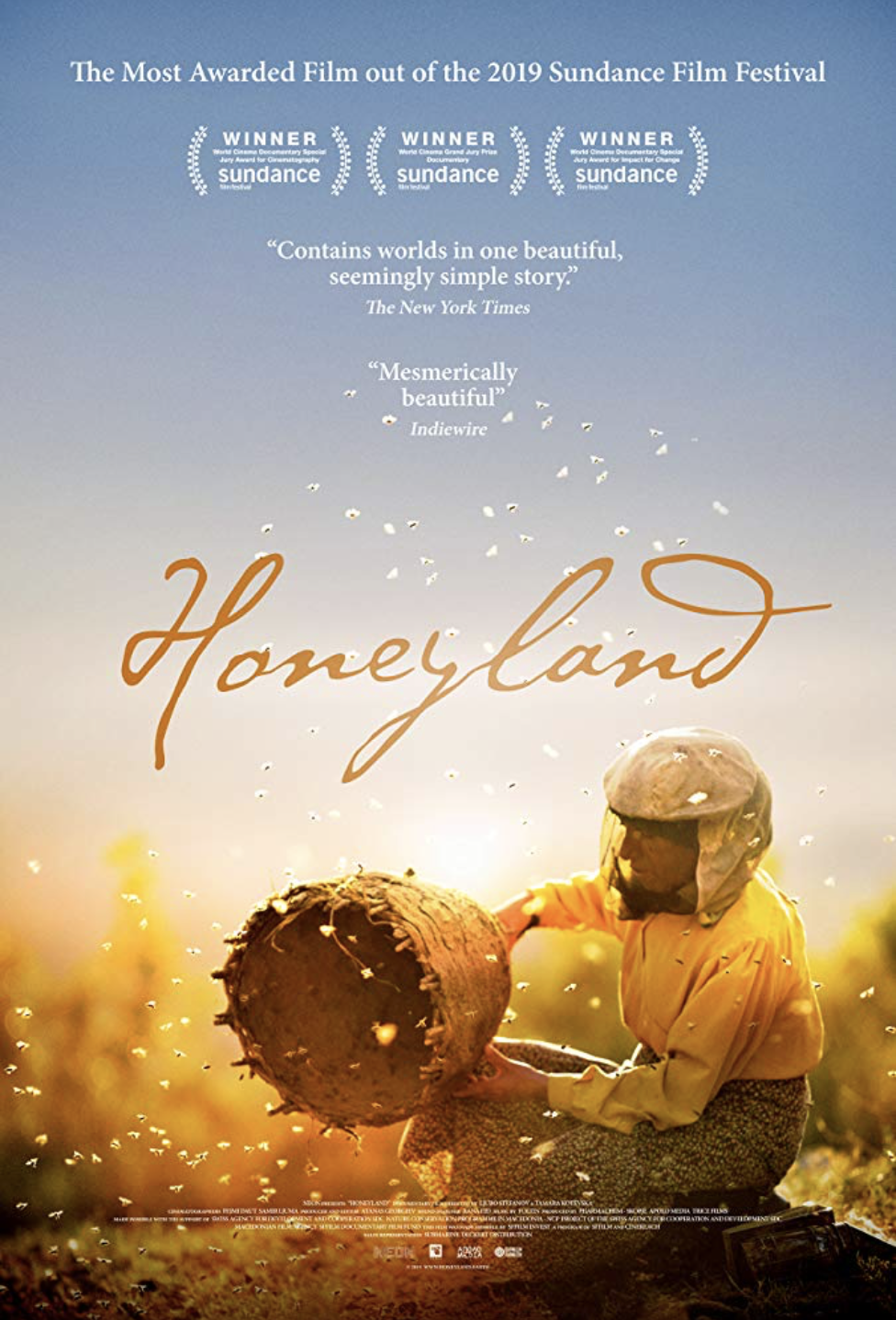
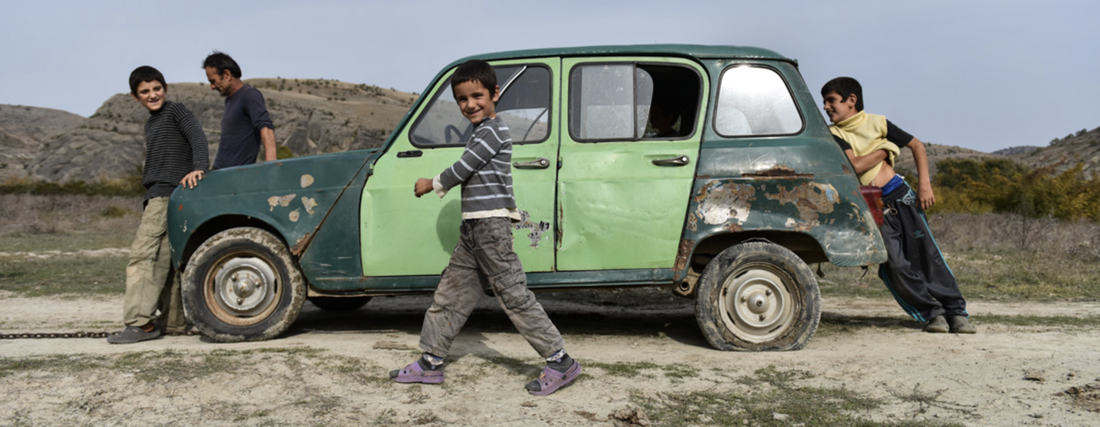
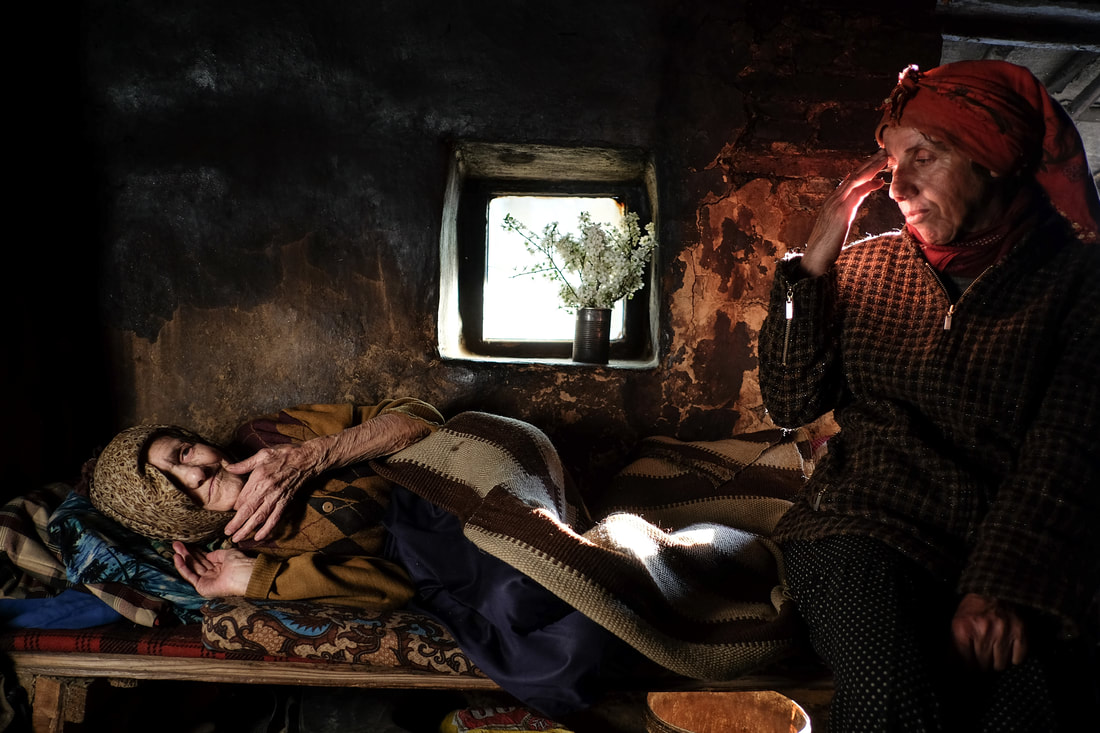
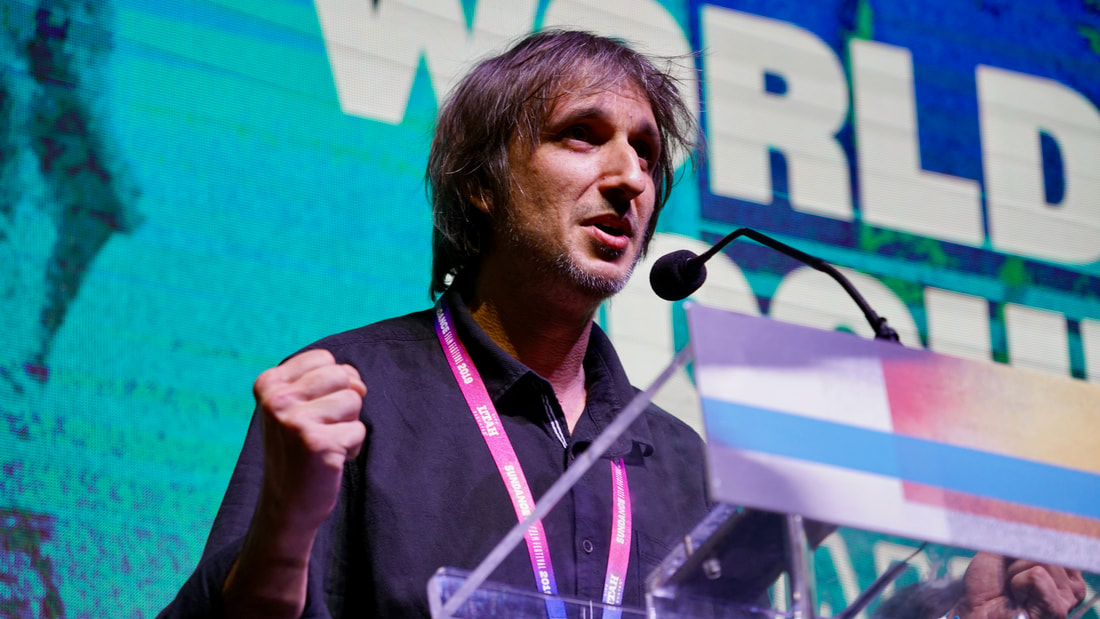
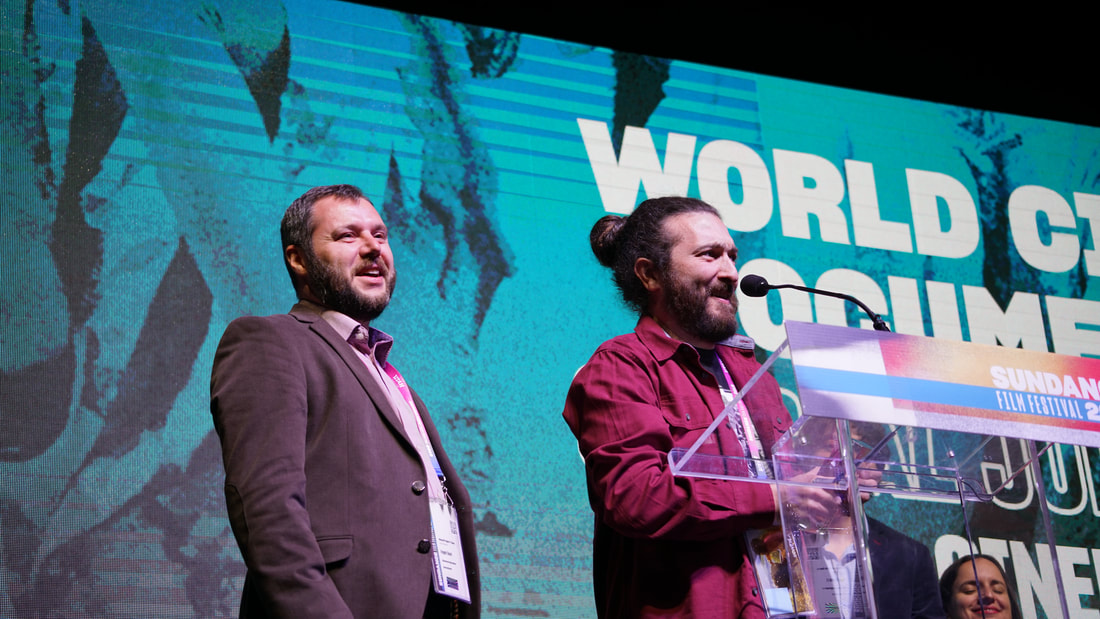
 RSS Feed
RSS Feed